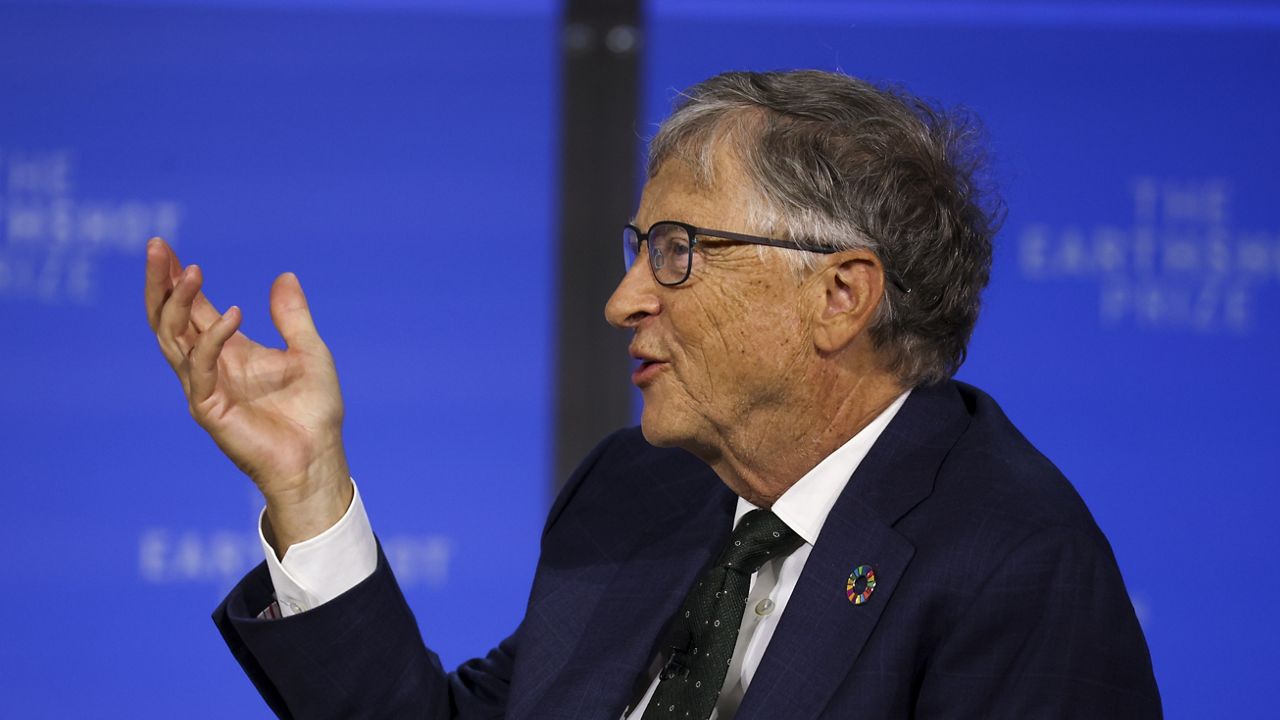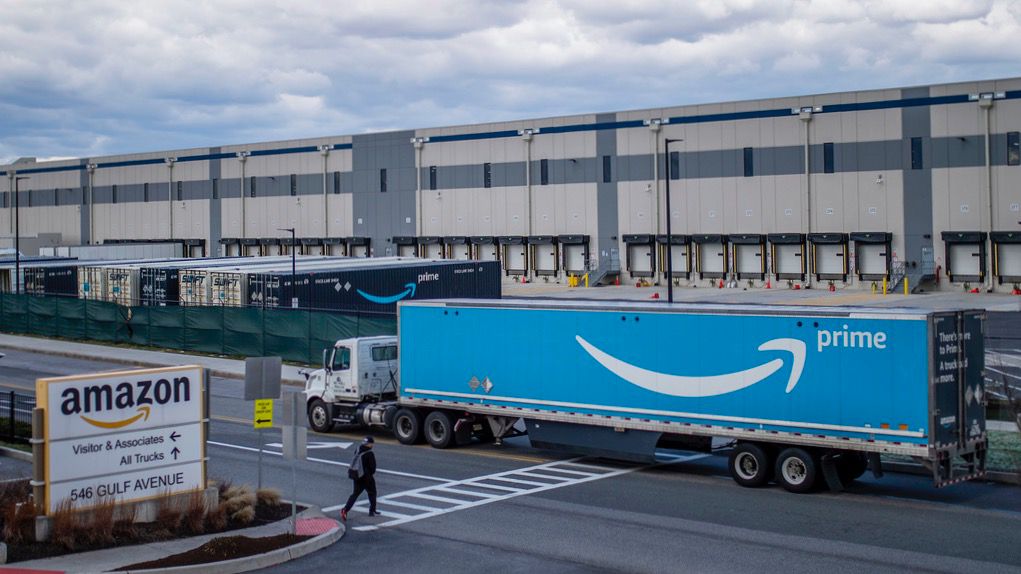When world leaders warn the earth is about to become uninhabitable because of climate change, as United Nations Secretary-General Antonio Guterres said this week, it can be easy for some people to give up hope.
Bill Gates is not one of those people.
On Thursday, the tech magnate and climate philanthropist said he believes in the power of innovation to keep global temperatures in check and avoid the worst effects of a warming climate.
“There’s no excuse for not getting to zero emissions in terms of avoiding the unknowns of what it’s like to get certain temperature increases,” Gates said during the New York Times Climate Forward Summit. Getting to zero will require changing the entire industrial base, he said. While admitting “that’s an extremely hard thing to do, innovation gives you a chance of doing it.”
Gates pointed to Breakthrough Energy, the nonprofit he created in 2015, as one of his main strategies to tackle some of the most challenging industries contributing to climate change, such as steel, cement and agriculture. The founder of Microsoft and one of the world's richest men, Gates said he is the largest funder of climate action.
“What we’re seeing is very promising,” he said, but there’s still a long way to go.
“We need more philanthropic dollars. We need more smart people. We need more consumers willing to buy green products,” he said, adding that the planet is currently not on a path to limit global warming to 1.5 degrees Celsius as global leaders agreed with the Paris Climate Accord.
While middle-income countries are responsible for 60% of the emissions that are warming the planet, Gates said rich countries have a special obligation to get to zero carbon emissions first. They will pay more, he noted, but doing so will make the technologies more affordable for less wealthy areas that also need to adopt innovations to slow climate change globally.
He cited nuclear fusion and carbon capture as important technologies Breakthrough Energy is investing in. Gates is invested in four different nuclear fusion companies that he said have the potential to make electricity in ways that are not weather dependent, like wind and solar. He is also the largest customer of the direct air capture company Climeworks, which removes carbon dioxide from ambient air after it has been emitted.
“The increase in talent that’s driving this wave of innovation, they’re a key reason why I’m hopeful,” Gates said.
Gates said he would like to see a carbon tax that’s the same size as what it would take to remove carbon dioxide from the atmosphere after it has been emitted. Doing so, however, would mean dramatically higher costs for all the systems that generate emissions, such as gasoline and air travel.
“I believe we should spend a lot of money on climate change,” he said. “I believe we should have very high carbon taxes. The political realities are such that without innovation, it’s unlikely.”
Gates praised last year’s Inflation Reduction Act as “a fantastic climate bill” for providing funds to “bootstrap key technologies” such as green hydrogen and industrial emissions. He said industrial emissions are such a problem that if they don’t get solved, “the whole thing doesn’t get solved.”
He said Breakthrough Energy's policy team is working with the U.S. Treasury to implement the IRA as quickly as possible so more people see the benefit of jobs, especially in areas where there will be less employment in industries supported by fossil fuels. While the IRA has a timeline of 10 years, Gates said “it’s not guaranteed that tax credits necessarily last the full 10 years because they can be repealed if you get a change in political control.”
Striking a notably more optimistic tone than Al Gore, Michael Bloomberg and some of the speakers at the New York Times Climate Forward summit, Gates said consumers have a lot of power to combat climate change with their own buying behavior. He suggested they buy carbon offsets, drive an electric car and use energy-efficient heat pumps.
“Those early demand signals where somebody pays a green premium create volume and drive innovation and competition and get us to the only point that is scalable out into the world at large,” he said. “Consumers really do matter a lot.”
CORRECTION: An earlier version of this article incorrectly attributed Gates' climate funding nonprofit. The errors have been corrected. (Sept. 21, 2023)








